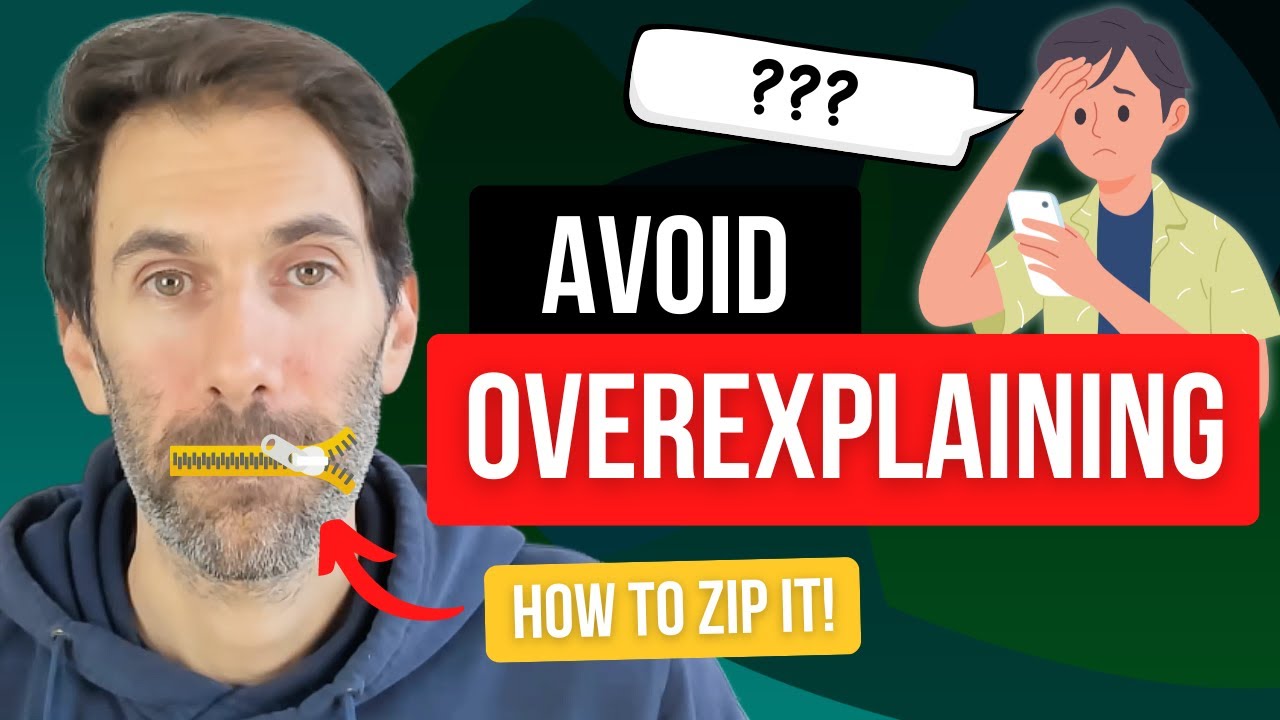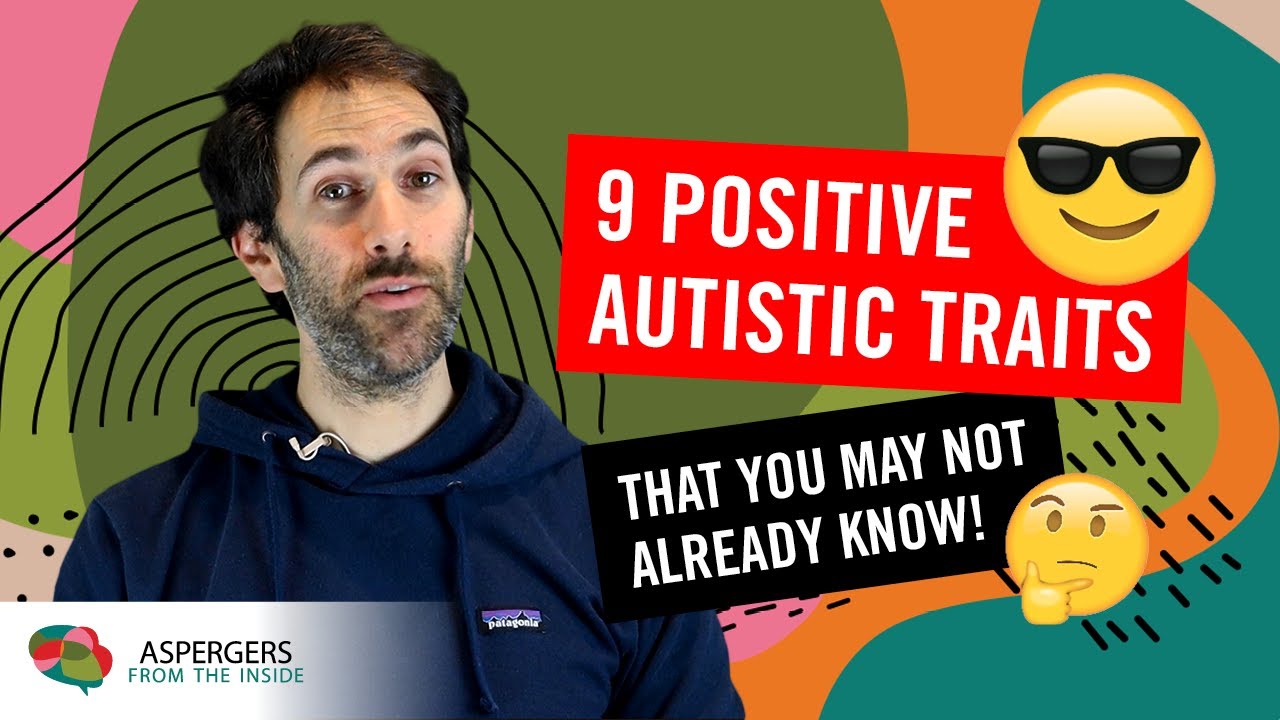37 Things to Stop Saying to Autistic People!!
Summary
TLDRIn this insightful video, Paul Micallef from 'Autism from the Inside' discusses 37 common phrases that should be avoided when talking to autistic individuals. He categorizes these into invalidating, dismissive, condescending, intolerant, and accusatory comments. The video also highlights the importance of understanding and accommodating the needs of autistic people, rather than excluding them due to a lack of fit with societal norms.
Takeaways
- 😶 Autistic people face a range of comments that invalidate their experiences, from mild ignorance to outright exclusionary remarks.
- 🌈 The term 'spectrum' is often misunderstood; it's not a linear scale but a diverse range of experiences, like the colors of a rainbow.
- 🙅♂️ Saying 'Everyone is a little bit autistic' is invalidating as it undermines the unique challenges that autistic individuals face.
- 🤔 The phrase 'trendy to be autistic' is dismissive and implies that autism is a choice with only positive implications.
- 🚫 Comments like 'You don't look autistic' are condescending and overlook the diversity within the autistic community.
- 🤷♂️ Dismissive statements such as 'get over it' or 'you're overreacting' are harmful as they negate the real struggles of autistic individuals.
- 🧐 Condescending comments, such as assuming to know how to communicate with autistic people, can hinder genuine understanding.
- 💔 Accusatory remarks, suggesting that an autistic person is at fault for their social challenges, are damaging and dismissive.
- 🏆 The most harmful phrase is the subtle exclusion, where society suggests that the onus is on the autistic person to find a place where they 'fit in'.
- 🔄 The video script calls for a societal shift towards understanding and accommodating the needs of autistic individuals, rather than perpetuating stereotypes and exclusion.
Q & A
What is the main topic of the video?
-The main topic of the video is about the phrases that neurotypical (NT) people should stop saying to autistic individuals and how to respond when such phrases are heard.
What are the categories of phrases that are considered problematic towards autistic people?
-The problematic phrases are categorized into five types: invalidating, dismissive, condescending, intolerant, and outright accusatory.
Why is the phrase 'Everyone is a little bit autistic' considered invalidating?
-This phrase is invalidating because it undermines the unique experiences of autistic individuals, suggesting that being autistic is not a significant or distinct characteristic.
What misconception does the phrase 'We're all on the spectrum somewhere' perpetuate?
-This phrase perpetuates the misconception that autism is a simple continuum from 'not very autistic' to 'quite autistic', rather than a complex spectrum like a rainbow with no clear linear order.
How does the phrase 'Isn't it trendy to be autistic right now?' misrepresent the autistic experience?
-This phrase misrepresents the autistic experience by implying that being autistic is a choice and has only positive implications, completely disregarding the challenges faced by autistic individuals.
Why is it dismissive to tell an autistic person to 'get over it'?
-Telling an autistic person to 'get over it' is dismissive because it invalidates their personal experiences and struggles, similar to telling a wheelchair user to 'get over' not being able to access a building.
What is the issue with saying 'You don't look autistic' or 'You don't seem autistic'?
-These statements are problematic because they perpetuate stereotypes about how autistic individuals should appear or behave, and they dismiss the reality of neurodiversity.
Why is it condescending to say 'You're so high-functioning, you must have mild autism'?
-This statement is condescending because it implies that there is a hierarchy of autism severity and dismisses the challenges that even 'high-functioning' autistic individuals face.
What is the most harmful phrase that society needs to stop saying to autistic people, according to the video?
-The most harmful phrase is 'I'm sorry, we can't accommodate your needs' or similar statements that imply it is the autistic individual's responsibility to find a place where they fit, rather than society accommodating their needs.
What is the underlying issue with phrases that suggest autistic individuals should 'grow out of it' or 'try harder'?
-These phrases are problematic because they suggest that autism is a temporary or controllable condition, rather than a lifelong neurological difference that requires understanding and accommodation.
How does the video suggest responding to ignorant or offensive comments about autism?
-The video suggests that there will be a follow-up discussion on how to respond productively and kindly to ignorant, unhelpful, or offensive comments about autism, though specifics are not provided in this script.
Outlines

Этот раздел доступен только подписчикам платных тарифов. Пожалуйста, перейдите на платный тариф для доступа.
Перейти на платный тарифMindmap

Этот раздел доступен только подписчикам платных тарифов. Пожалуйста, перейдите на платный тариф для доступа.
Перейти на платный тарифKeywords

Этот раздел доступен только подписчикам платных тарифов. Пожалуйста, перейдите на платный тариф для доступа.
Перейти на платный тарифHighlights

Этот раздел доступен только подписчикам платных тарифов. Пожалуйста, перейдите на платный тариф для доступа.
Перейти на платный тарифTranscripts

Этот раздел доступен только подписчикам платных тарифов. Пожалуйста, перейдите на платный тариф для доступа.
Перейти на платный тарифПосмотреть больше похожих видео

Are you an over-explainer? The Real Reason You Keep Over Explaining Yourself (And How to Fix It!)

Are you actually autistic or are you really an introvert? (5 Ways To Know the Difference)

9 Weird Autistic Traits (You Didn’t Realise Were Signs of Autism!)

9 Positive Autistic Traits (that you may not already know!) | Patrons Choice

13 Reasons Why You Might Not Be Autistic

Advocating Person First Language
5.0 / 5 (0 votes)
